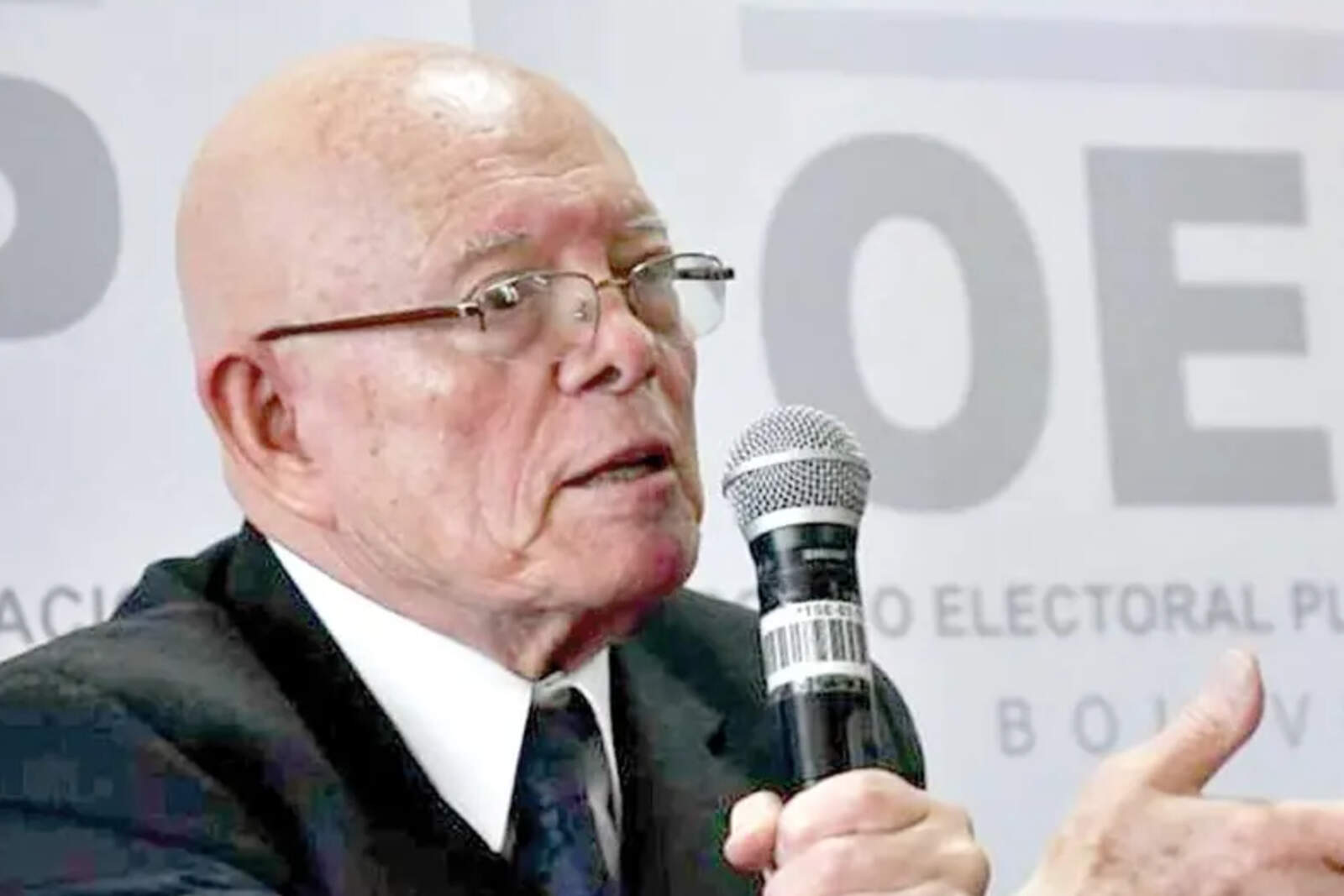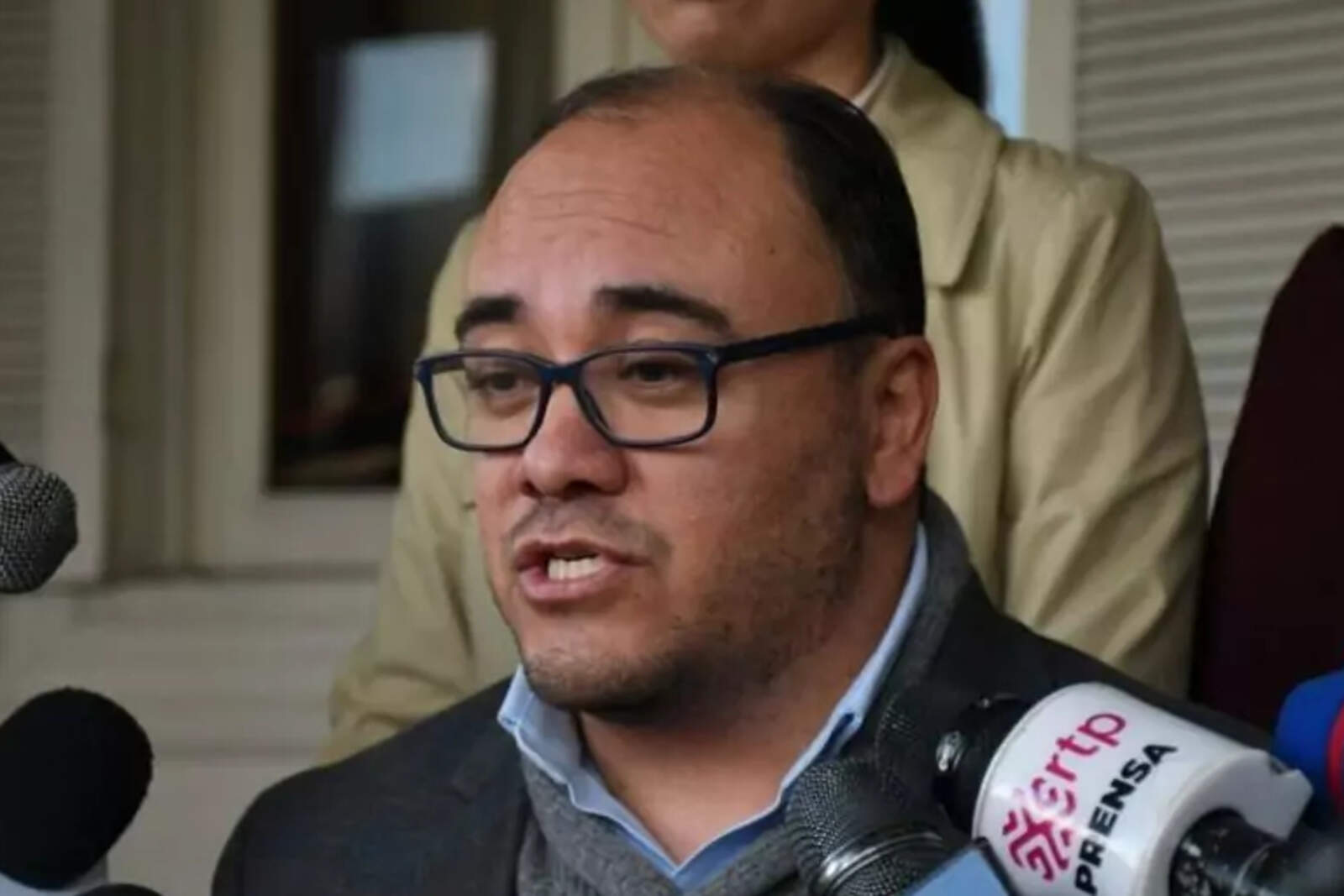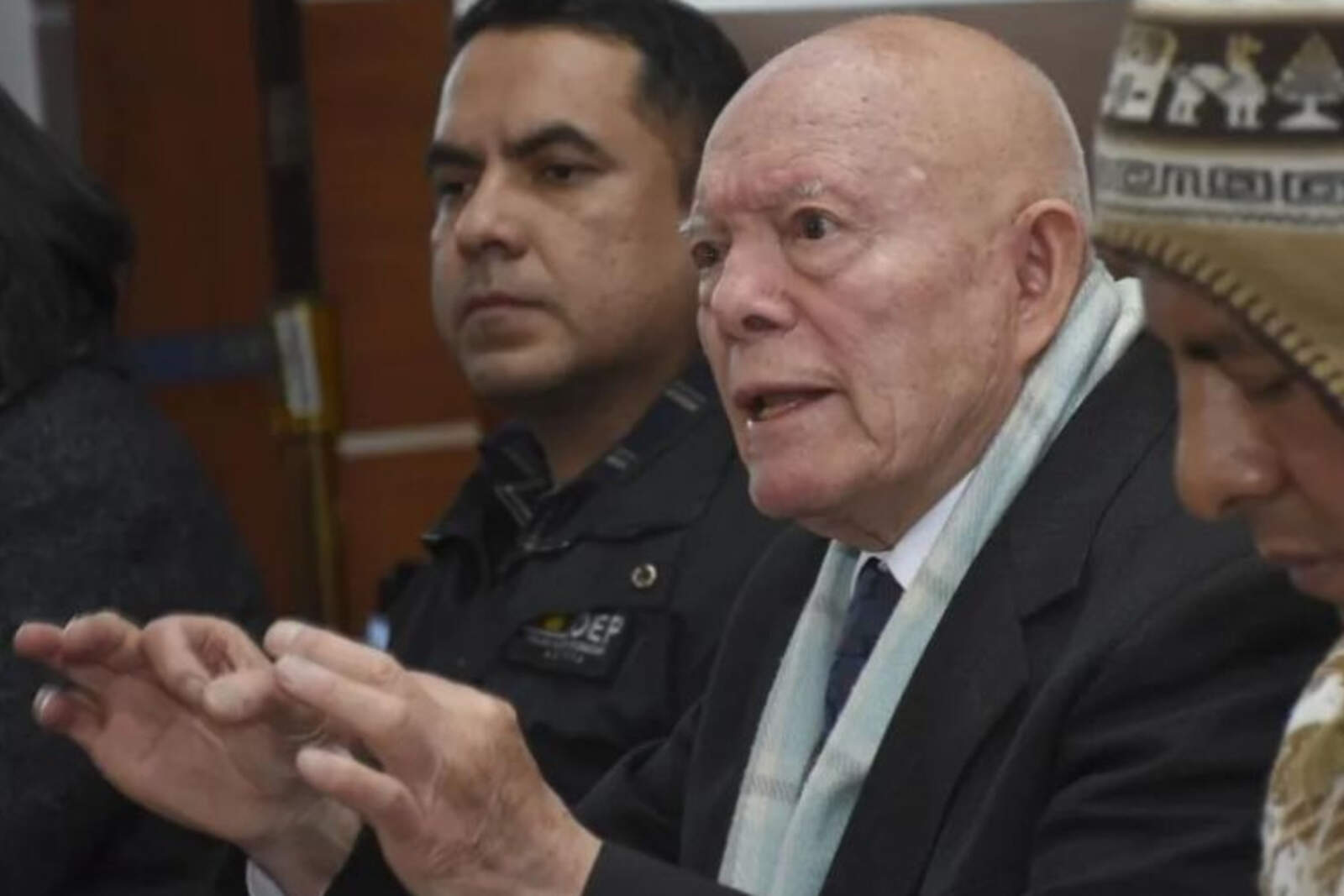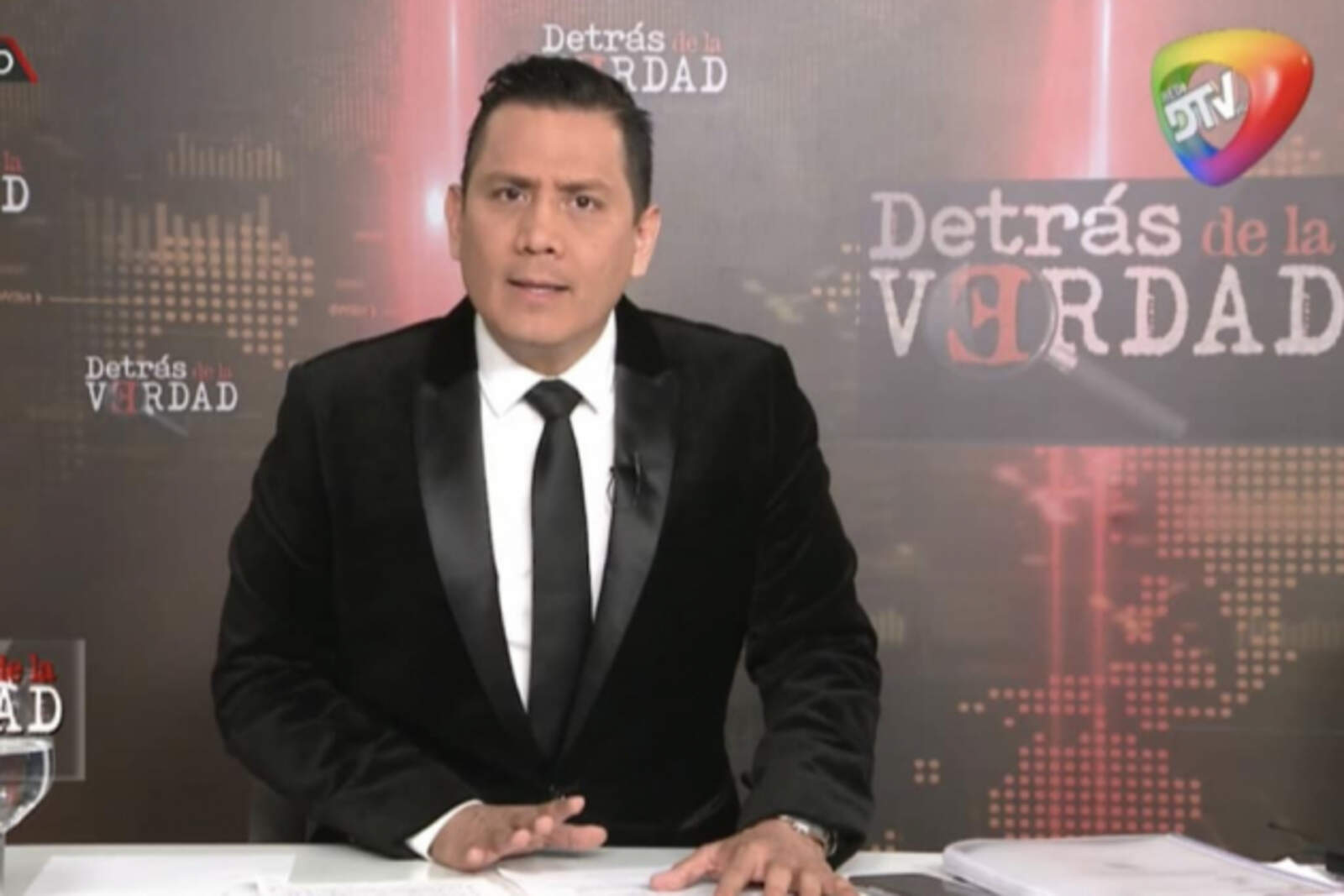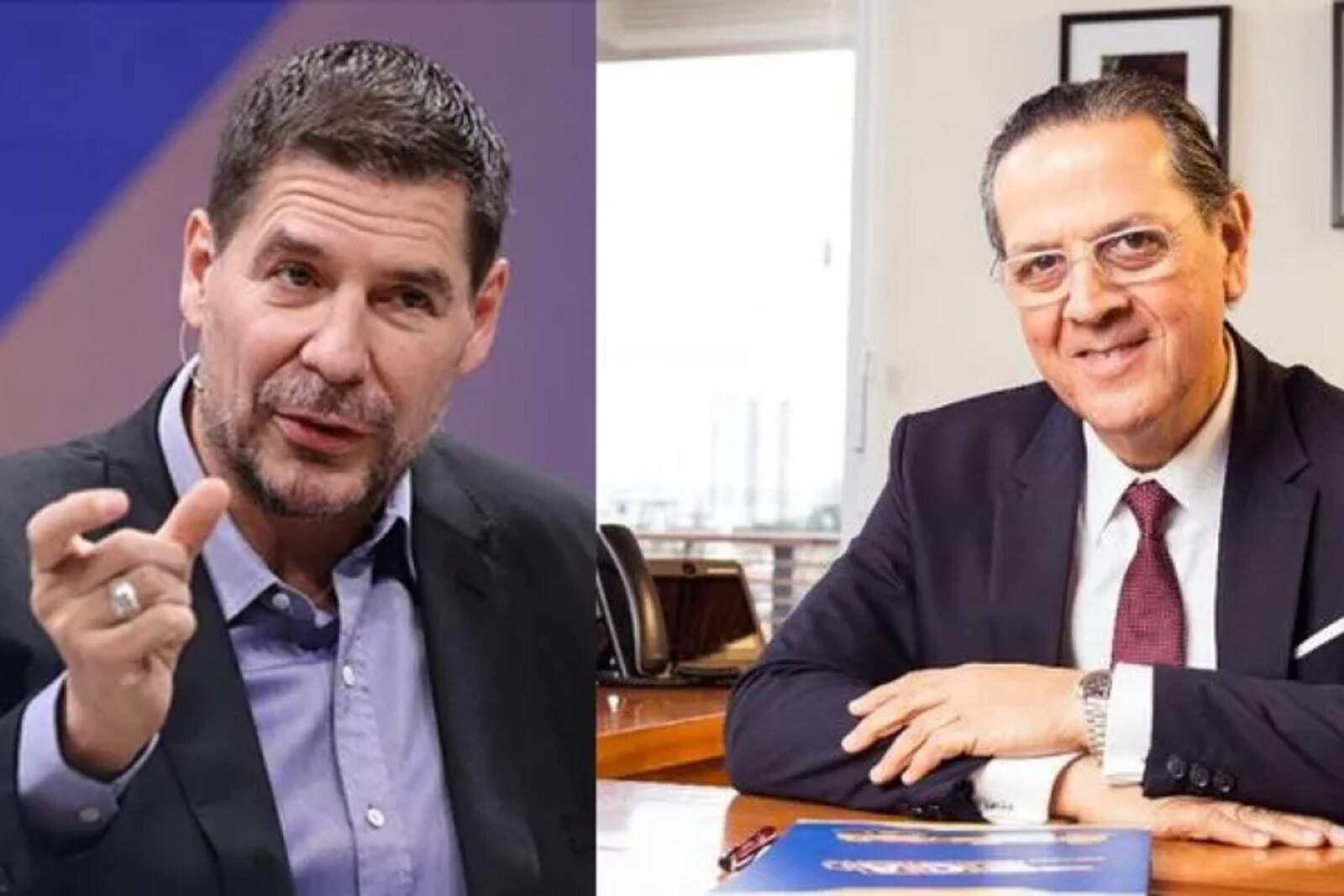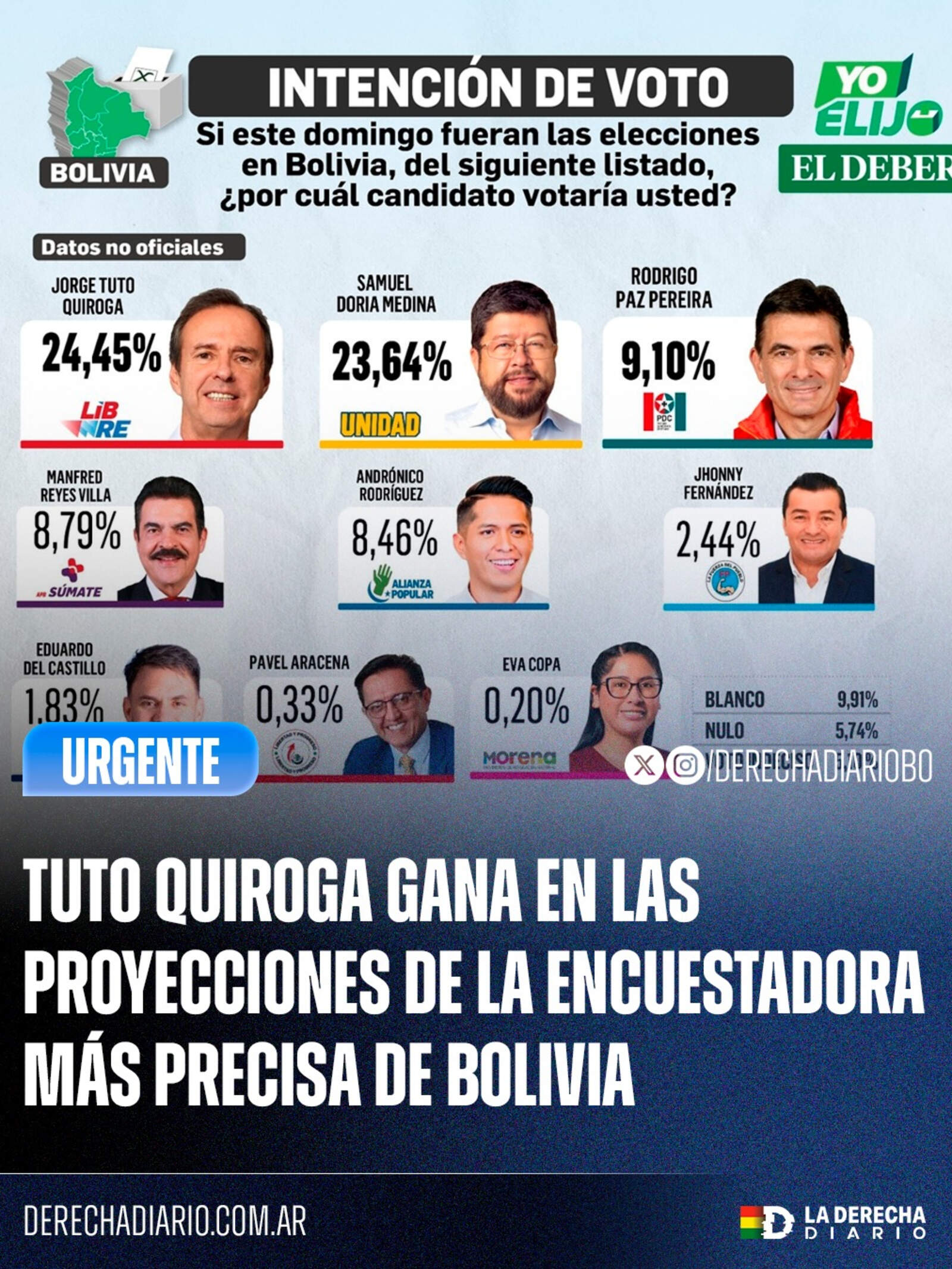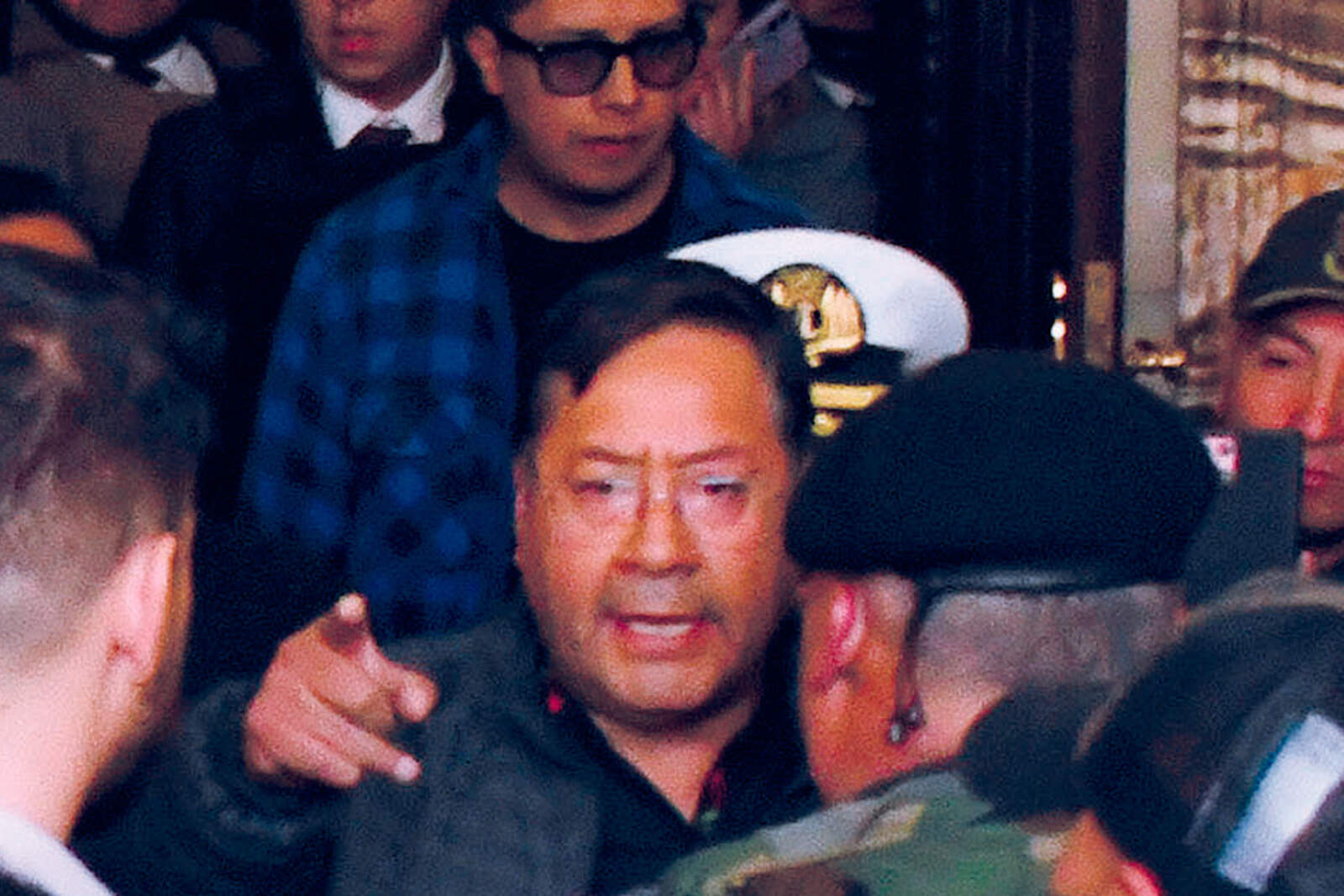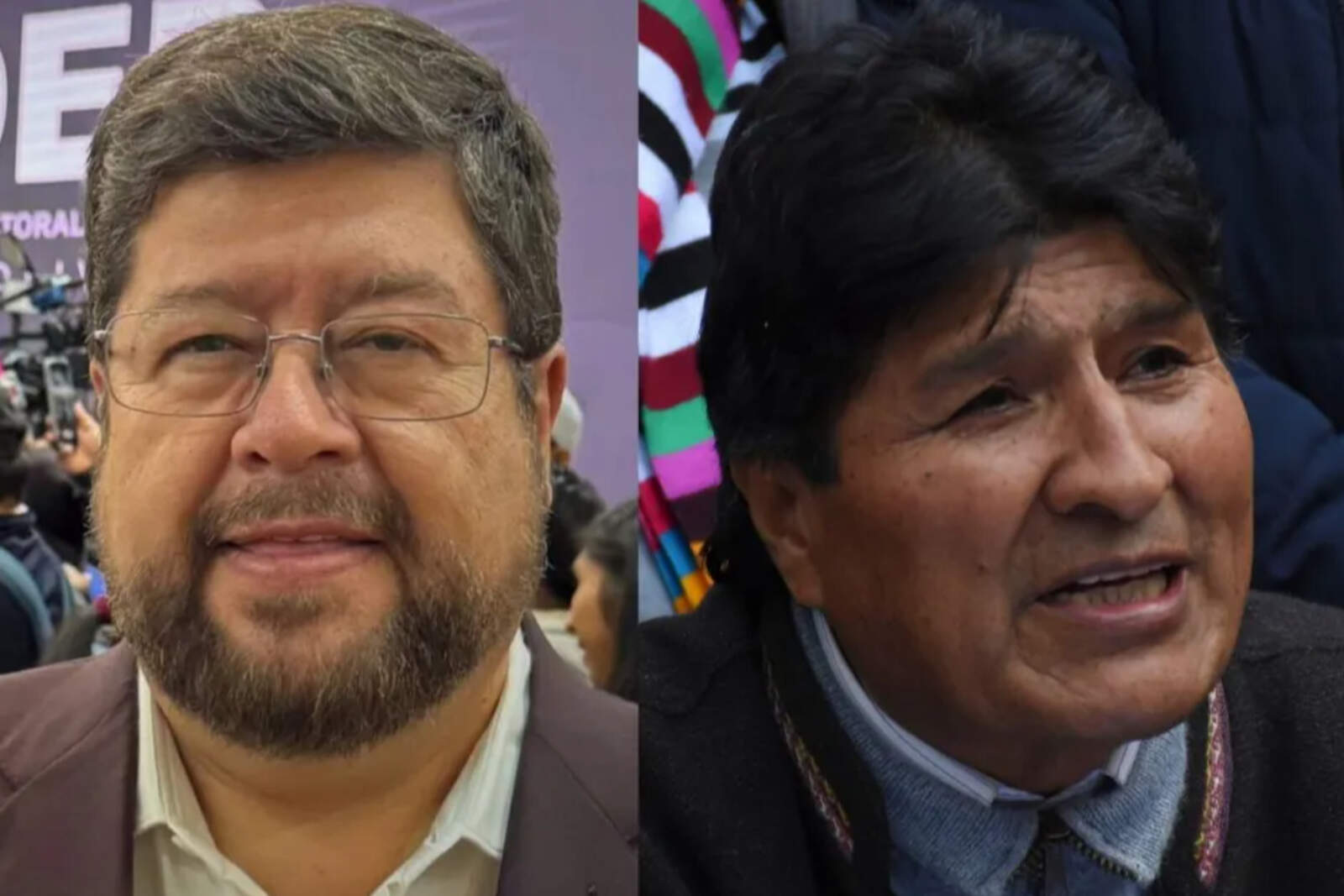A supposed rumor put the country on edge, less than a month before the general elections. On Tuesday afternoon, the version circulated that Óscar Hassenteufel, current president of the TSE, had resigned from the Supreme Electoral Tribunal.
The alleged resignation triggered alerts in political and citizen sectors. Many feared an institutional crisis that could jeopardize the August 17 process. However, the news was denied by the electoral body itself.
The confusion arose after a publication by some media outlets. On social media, journalist John Arandia, after being questioned for spreading the supposed resignation, insisted that Hassenteufel resigned from the vice presidency. "I stand by it," he wrote.
That statement raised doubts both inside and outside the ruling party. Even opposition leaders expressed concern. The uncertainty grew throughout the day.
Board member Gustavo Ávila was the first to clarify the matter. In a press conference, he explained that there was no formal resignation. The TSE's Full Chamber, he said, only addressed a request for medical leave.
That leave will last for three days. During that period, Hassenteufel will be absent for health reasons.
Given the temporary absence, board member Yajaira San Martín assumed the interim presidency. Ávila explained that this was decided by the Full Chamber.
Subsequently, he emphasized that the board member will perform duties until Hassenteufel's return. He added that electoral activities will continue as normal. He also requested respect for the board member's privacy.
The TSE denied the resignation
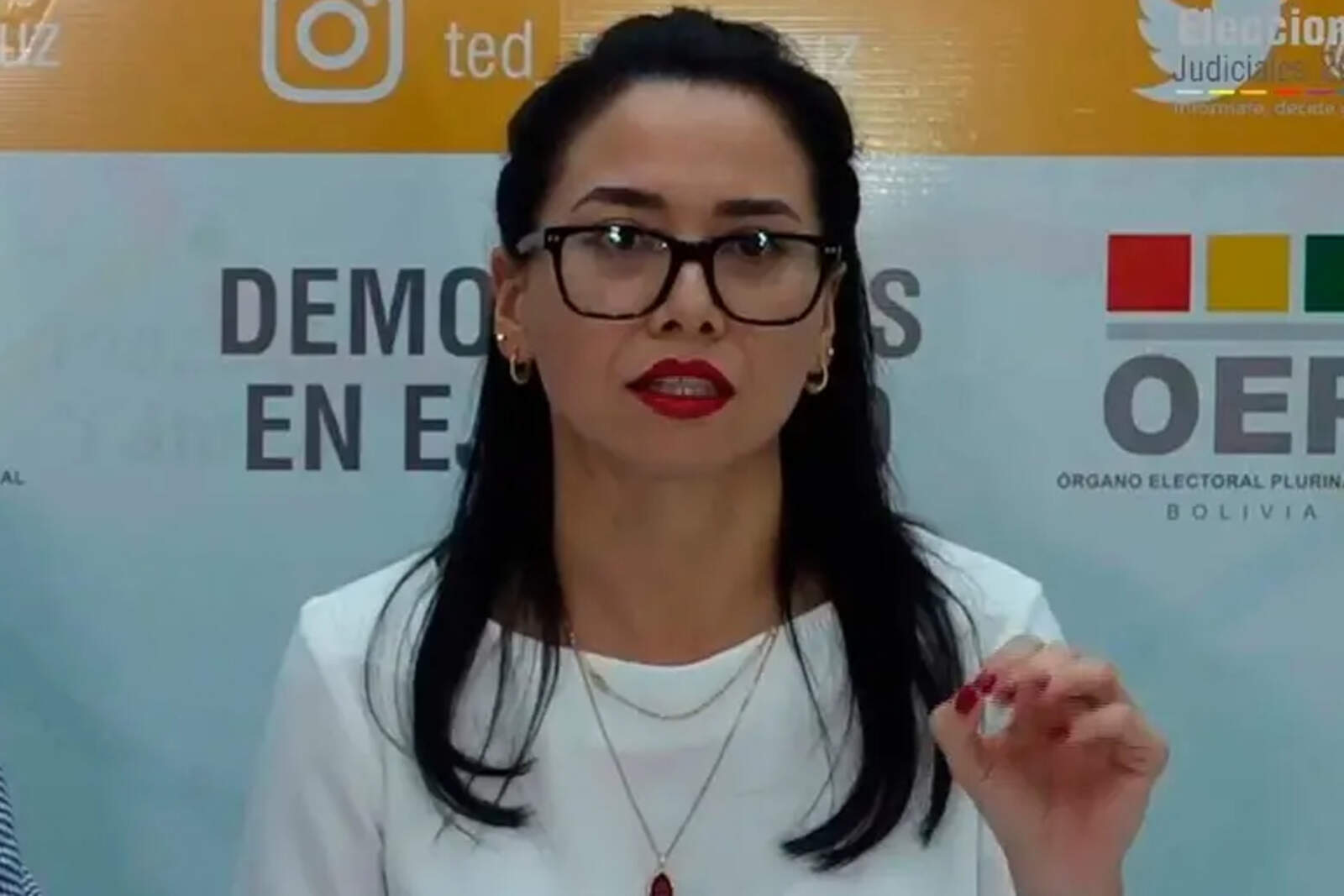
The TSE reiterated that Hassenteufel did not submit any resignation. An official statement refuted the rumors.
The institution called for not spreading false information. It stated that the electoral process is proceeding. It urged the media to act responsibly.
However, the rumor left a mark. Sectors such as the Santa Cruz Civic Committee showed concern. Its president, Stello Cochamanidis, called for vigilance.
He also stated that any attempt to disrupt the process must be rejected. He considered that the TSE must act firmly. He said transparency must be a priority.

